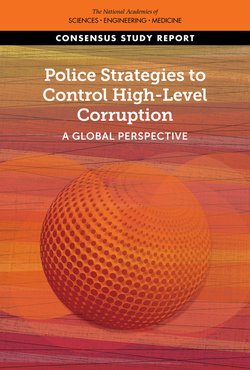By Dorothea Delpech , Herve Borrion and Shane Johnson
Illegal activities concerning terrestrial species (TS) are responsible for a variety of health, environmental, economic and security issues. The majority of academic research associated with species relates to conservation, with few publications specifically investigating the scale of crimes impacting species or how they can be prevented. This article systematically reviews the available evidence about what works to prevent crime against terrestrial species. Of over 29,000 documents that were returned in the first stage of the review, these were filtered to just over 100. The remaining documents were partially or fully read to identify the most relevant documents to include in the final qualitative synthesis. The review results show there is a significant lack of primary research in this area, as only five articles were found that met the study inclusion criteria. The identified articles focus on the effects of two types of situational crime prevention interventions: community outreach and ranger patrol frequency. Community outreach was shown to have a significant impact on local poaching levels, while for patrolling the evidence suggests a positive impact on the discovery of poachers, animal carcasses and poaching paraphernalia, however, the quality of these studies varied greatly. To prevent the further decline of species numbers internationally, more effort should be invested in publicising existing research into the effectiveness of prevention strategies that have not reached the wider scientific audience, as well as the funding and promotion of research into alternate methods of crime prevention.
Crime Sci (2021) 10:1




